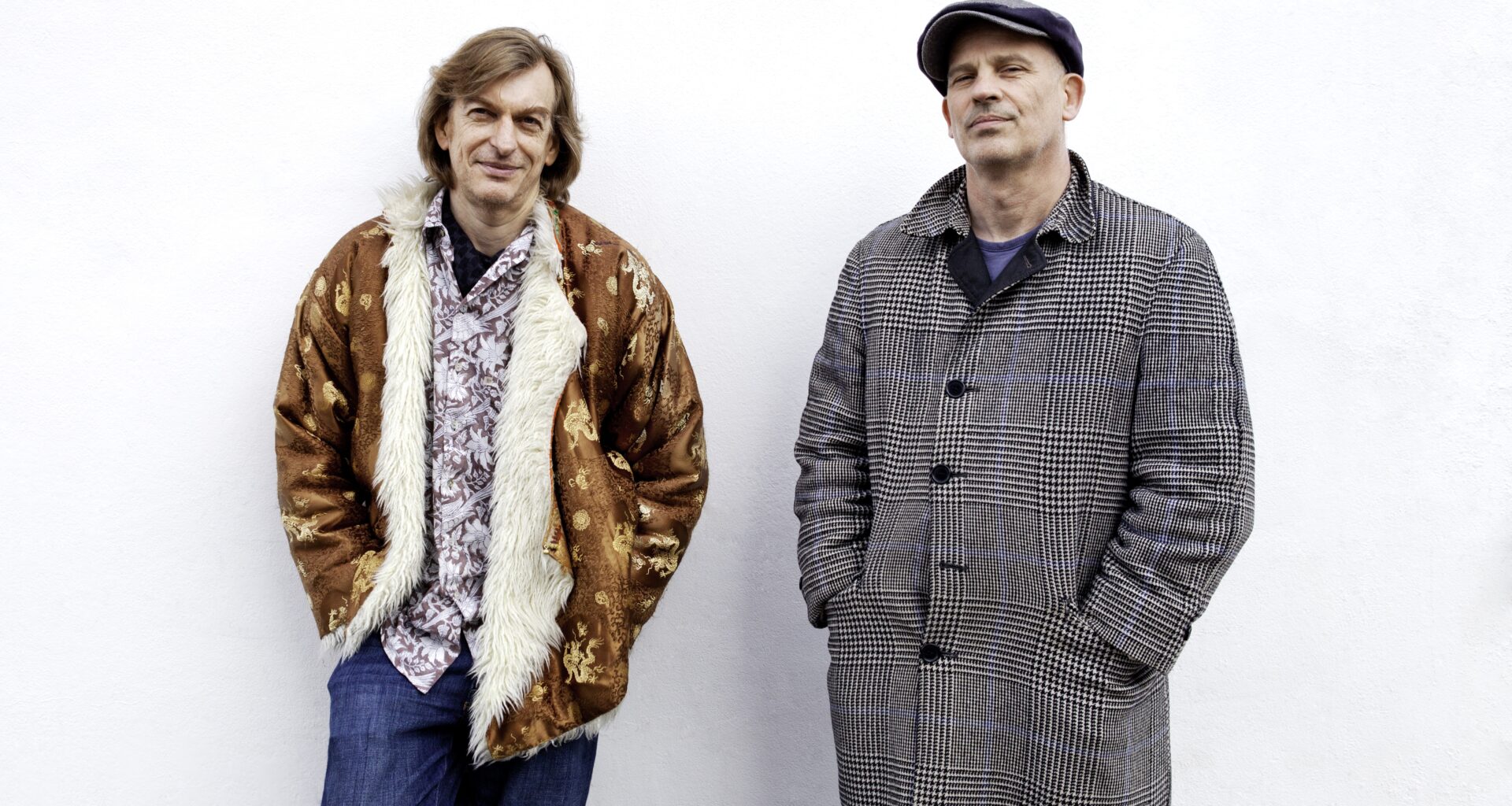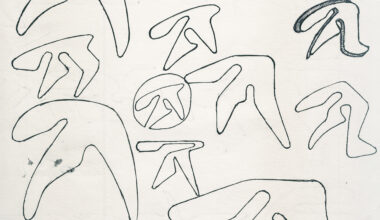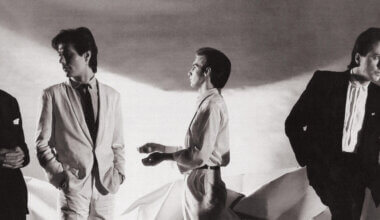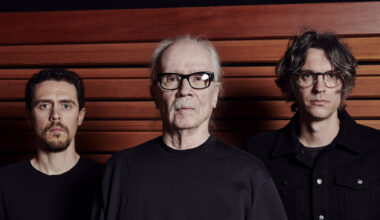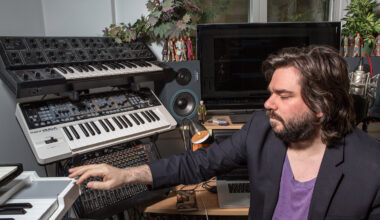With new tracks from a who’s who of composers, a few family favourites thrown in for good measure and a continuous Mixmaster Morris set, Coldcut’s ambient ‘@0’ collection is a balm for our times
Want to read more?
Sign up to Electronic Sound Premium to gain access to every post, video, special offers, and more. 100%, all you can eat, no commitment, cancel any time.
Already a premium member? Log in here
